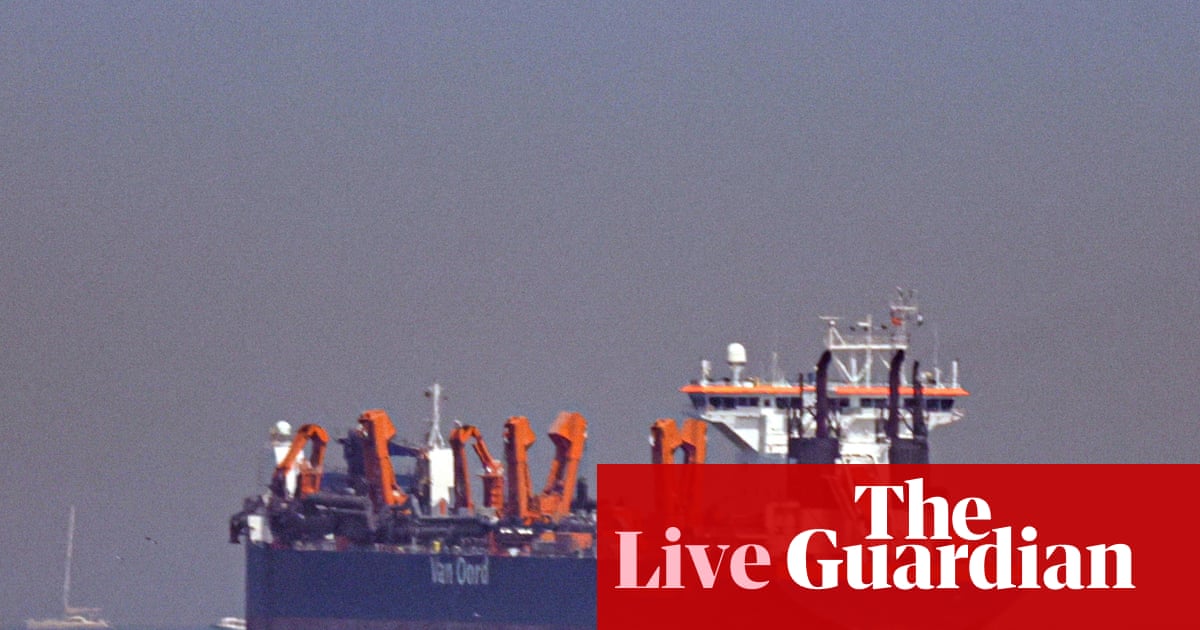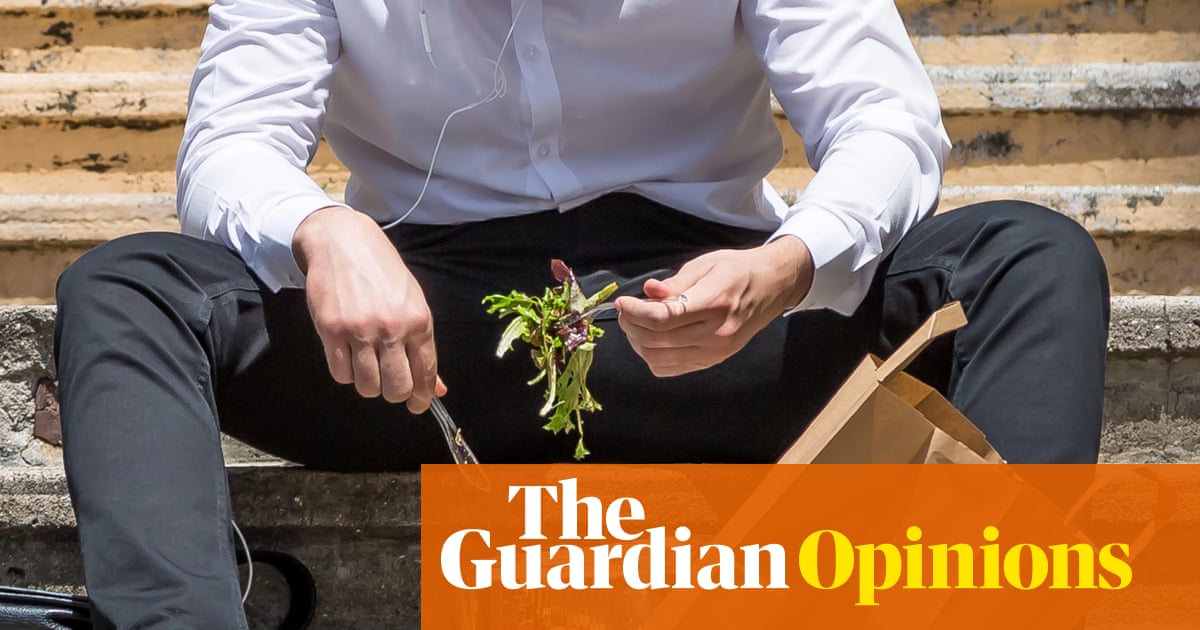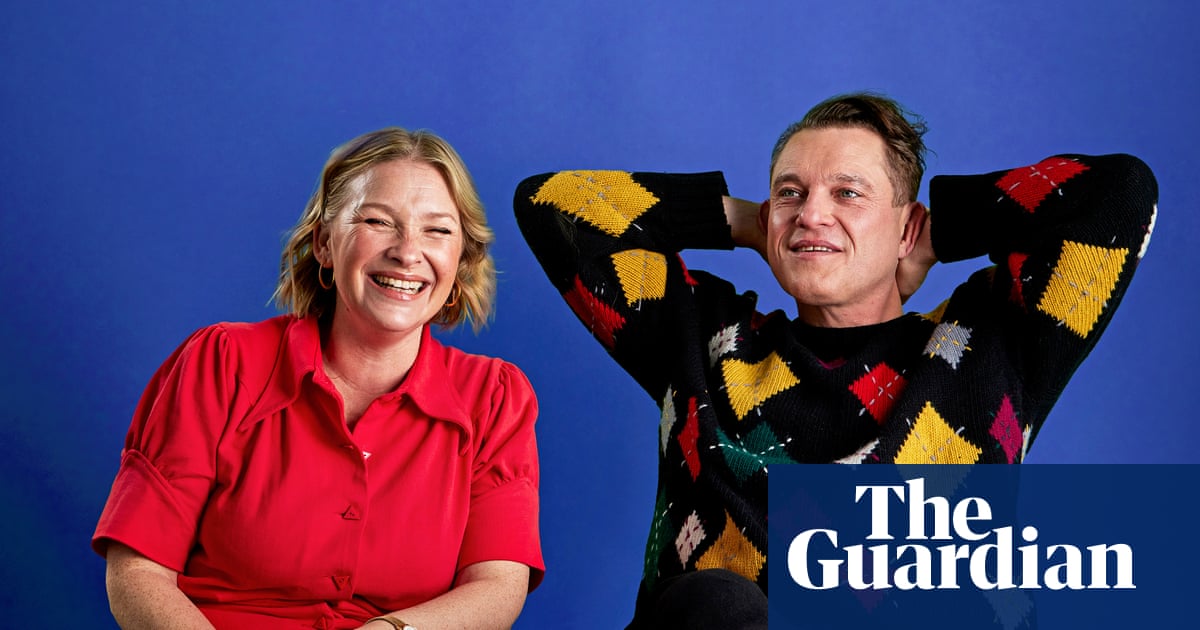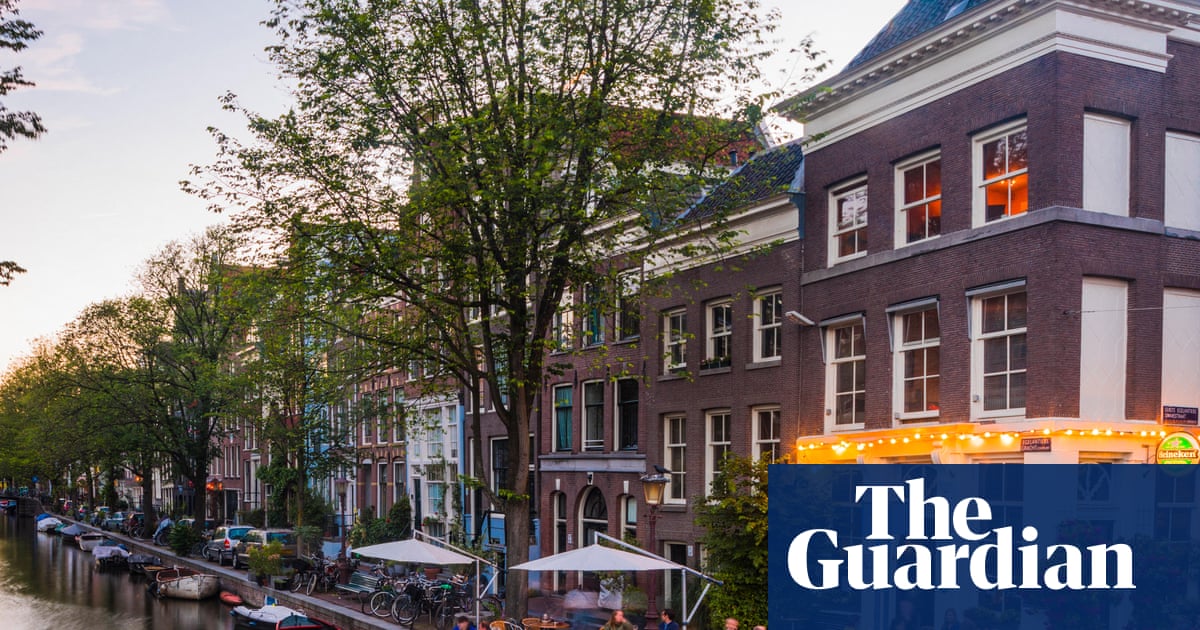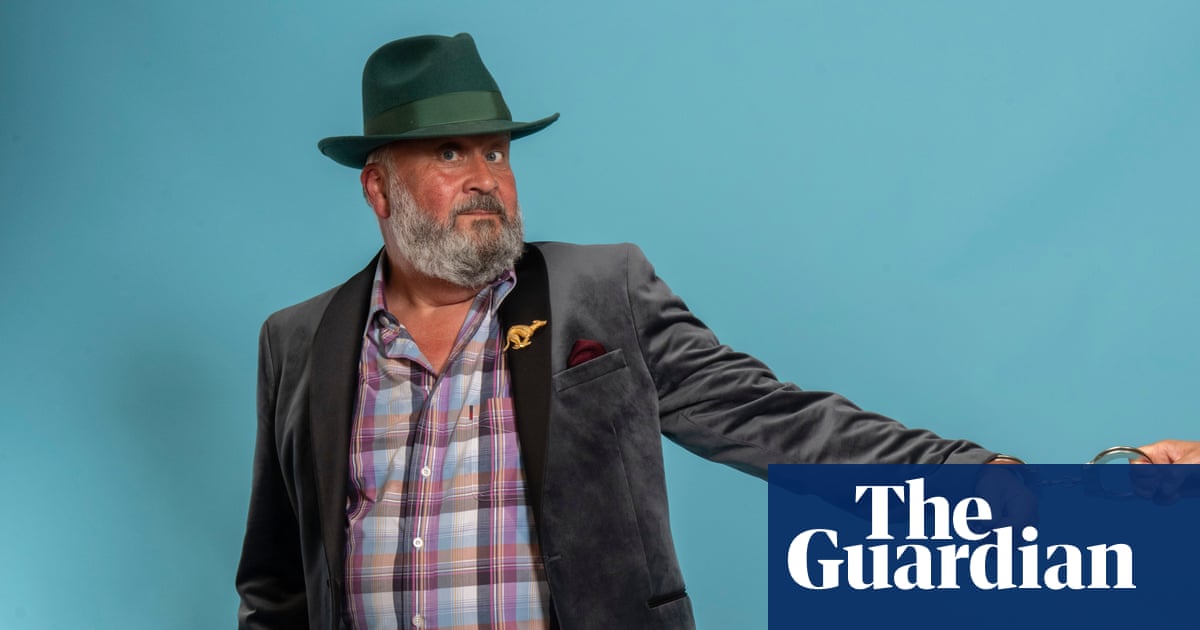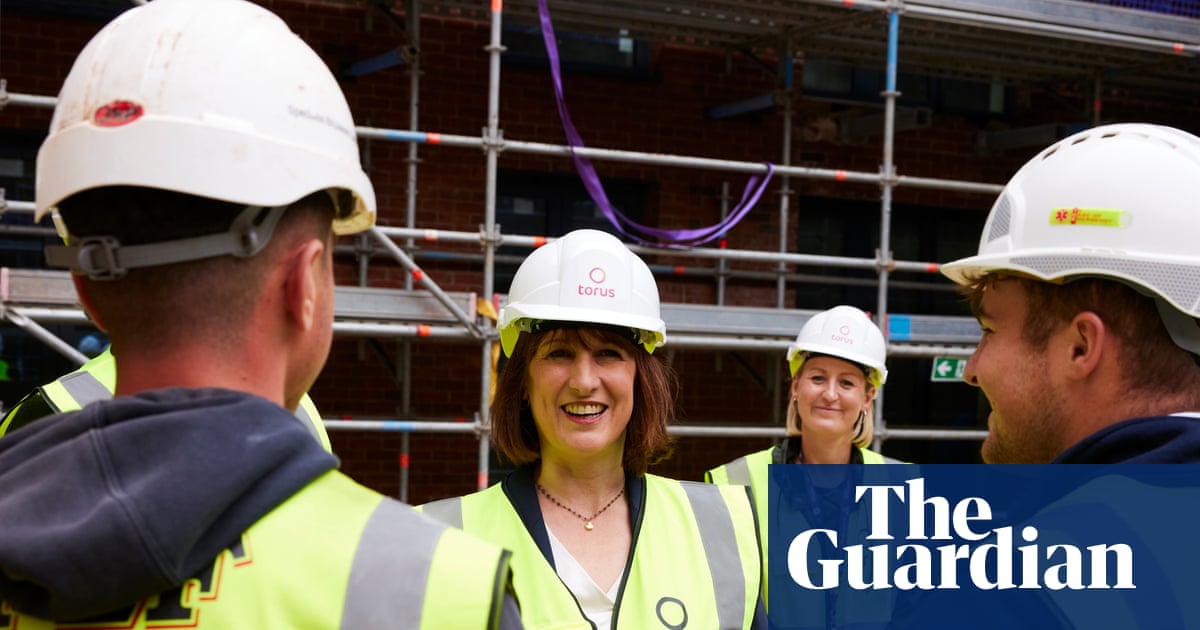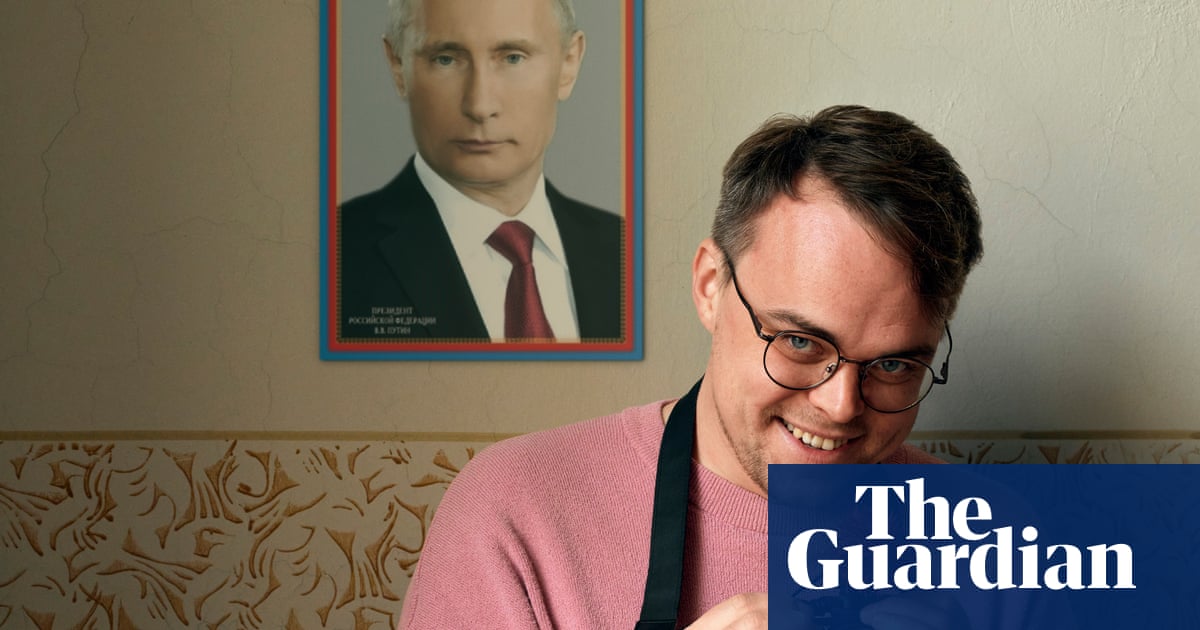The UK science minister has said officials are “working day and night” trying to resolve the standoff with big pharmaceutical companies over drug pricing.
Speaking to industry leaders and investors at London life sciences week, Patrick Vallance, a former GSK executive, said the government was “clear eyed about the challenges”.
“Recent headlines have not always been favourable, and we are acutely aware of the pressures that companies face in the current commercial environment here in the UK,” he said.
“Many of us are working day and night right the way across government to make progress on these issues. And rest assured that we are laser focused on getting that resolved.”
Ministers are working on proposals to raise the cost-effectiveness thresholds at which new medicines are assessed for use in the NHS by about 25% overall. The UK spends less than other European countries on new medications as a share of gross domestic product.
The government is trying to rebuild its relationship with big pharma, after negotiations over drug pricing broke down in late August following an ultimatum set by the health secretary, Wes Streeting. This prompted MSD, AstraZeneca and Eli Lilly to abandon or pause planned investments in the UK. The chief executive of Eli Lilly, Dave Ricks, went on to describe the UK as “probably the worst country in Europe” for drug prices.
The row between industry and UK government has been complicated by Donald Trump putting pressure on pharmaceutical companies to lower their drug prices in the US and increase them elsewhere, and to invest more in the US, or face 100% import tariffs. Keir Starmer’s business adviser Varun Chandra has been involved in negotiations in recent weeks.
Vallance said there were reasons to be optimistic and listed recent investments such as Moderna’s £150m vaccine site in Oxfordshire, BioNTech’s £1bn investment over 10 years, and the medical device company Convatec’s £500m research centre in Manchester.
His comments came as he outlined an ambition to turn the UK into the leading life sciences power in Europe by 2030 and be in the top three globally by 2035, alongside the US and China.
London’s life sciences sector has already attracted £1.6bn in venture capital investment this year, said the capital’s mayor, Sadiq Khan, more than Paris, Stockholm and Berlin combined.
after newsletter promotion
Speaking at the same event, he said: “London has long been a leading light in the life sciences, from the discovery of penicillin, to uncovering the cause of cholera.”
Dame Anne Glover, the co-founder of Amadeus Capital, said UK pension funds must invest more in venture capital to support science startups. “A mere half percent of pension fund assets going into venture capital would transform our market,” she said.

.png) 3 months ago
39
3 months ago
39
